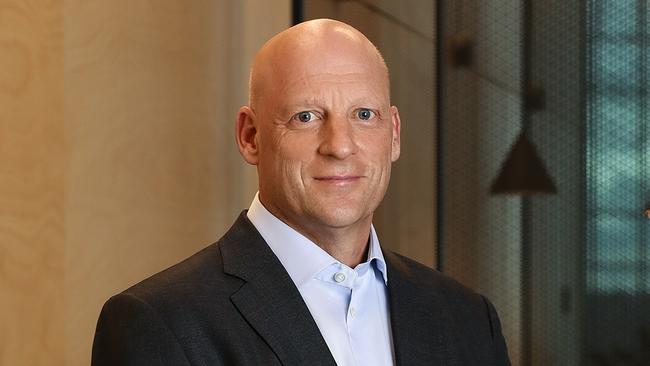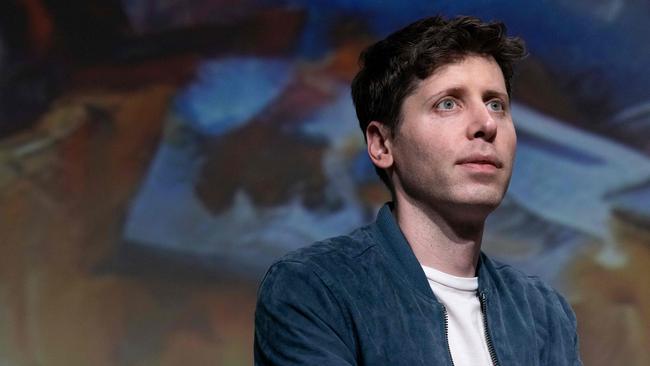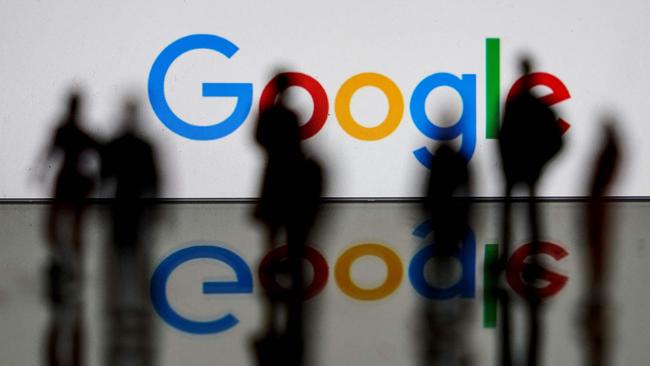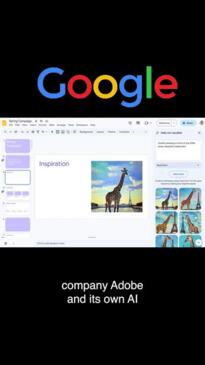ChatGPT’s risks are real but so is the chance to revolutionise our work, says Deloitte’s chief

Back then we called them “expert systems”.
This was difficult and complex work involving arcane programming languages such as Lisp, and I remember thinking the field of AI was both fascinating in terms of its potential and yet also very embryonic.
Over the years, I continued to follow the progression of AI through developments like neural networks and machine learning, and frankly have been somewhat underwhelmed by the pace of change. Then late last year, a relatively unheralded AI chatbot, ChatGPT, was released to the world and, for the first time in years I found myself getting excited about the field of AI again.

The reason it captured my attention is that for the first time an AI tool was easily accessible and usable for mass consumption – essentially democratising AI and placing its capabilities in the hands of everyday users like me.
The advent of generative AI underpinned by large language models such as GPT-4 is akin to only two other technology innovations I have seen in my career in terms of potential impact – the origin of the internet in the ’90s and the release of the smartphone in the ’00s.
And I think generative AI will ultimately have a bigger, and quicker, impact on organisations and how we learn, process information and work.
As a leader, this raises some important questions, challenges and opportunities.
When I ask my partners how many of them have used ChatGPT, about half of those in the room raise their hands. For younger partners, it increases to at least two-thirds.
Yet when I ask our graduates – and we hire more than 1000 each year – pretty much everyone is a user of this technology. The genie is well and truly out of the bottle and, stunningly quickly in technology terms, there is already no turning back.
The first thing leaders need to do is accept that this technology is real and recognise that our role is to harness and guide the responsible application of generative AI within our organisations, rather than turning a blind eye or resisting change by banning its use.
We need to educate ourselves on the potential and implications of generative AI in our settings, and actively encourage adoption, innovation and the sharing of ideas and concepts across our organisation.

We need to find a balance between mitigating the risks of this technology – and these risks are real – and unlocking and empowering ideas for improving productivity, quality and the way we work.
At Deloitte, we have established a generative AI leadership team and governance structure to oversee, guide and accelerate the targeted and appropriate application of generative AI focused on asking ourselves three questions: what can we do differently, how can we do new things and what will become obsolete?
We have also introduced clear guidelines for the use of generative AI covering topics like ethical use, confidentiality, transparency and validation of outputs.
We are already starting to see and understand that generative AI, if used well and thoughtfully, can positively impact user productivity, accelerate learning, enhance the speed and quality of client service, and increase job satisfaction.
In this regard, we are viewing this technology as a powerful tool to support and improve what we do, rather than as a substitute for the role that people play in our organisation.

We are also realising that indiscriminate and uneducated use of generative AI can lead to poor or misleading outcomes, and this is a tool that is best harnessed and used by those with sufficient domain expertise to appropriately question, validate and add value to generative AI platforms and models.
As with most meaningful technology advancements in history, there is a lot of hype and fear about the potential and implications of generative AI. It’s important to keep a sense of perspective and remember that generative AI is a natural extension of technologies that have been around in some form for decades, enabled by the progressive evolution of computer processing power.
What is genuinely different this time though is how quickly people are interacting with this technology, sharing learnings, and realising that it enables us to do things more quickly, more creatively, and in different ways. Whatever we might personally think of this, the world is never going to be the same and we all should seek to understand, experiment and be a constructive part of this generative AI journey.
Adam Powick is the chief executive of Deloitte Australia.






In the late ’80s, I started my career as a systems engineer and remember working on early-stage artificial intelligence programs in fields like insurance fraud and weather forecasting.